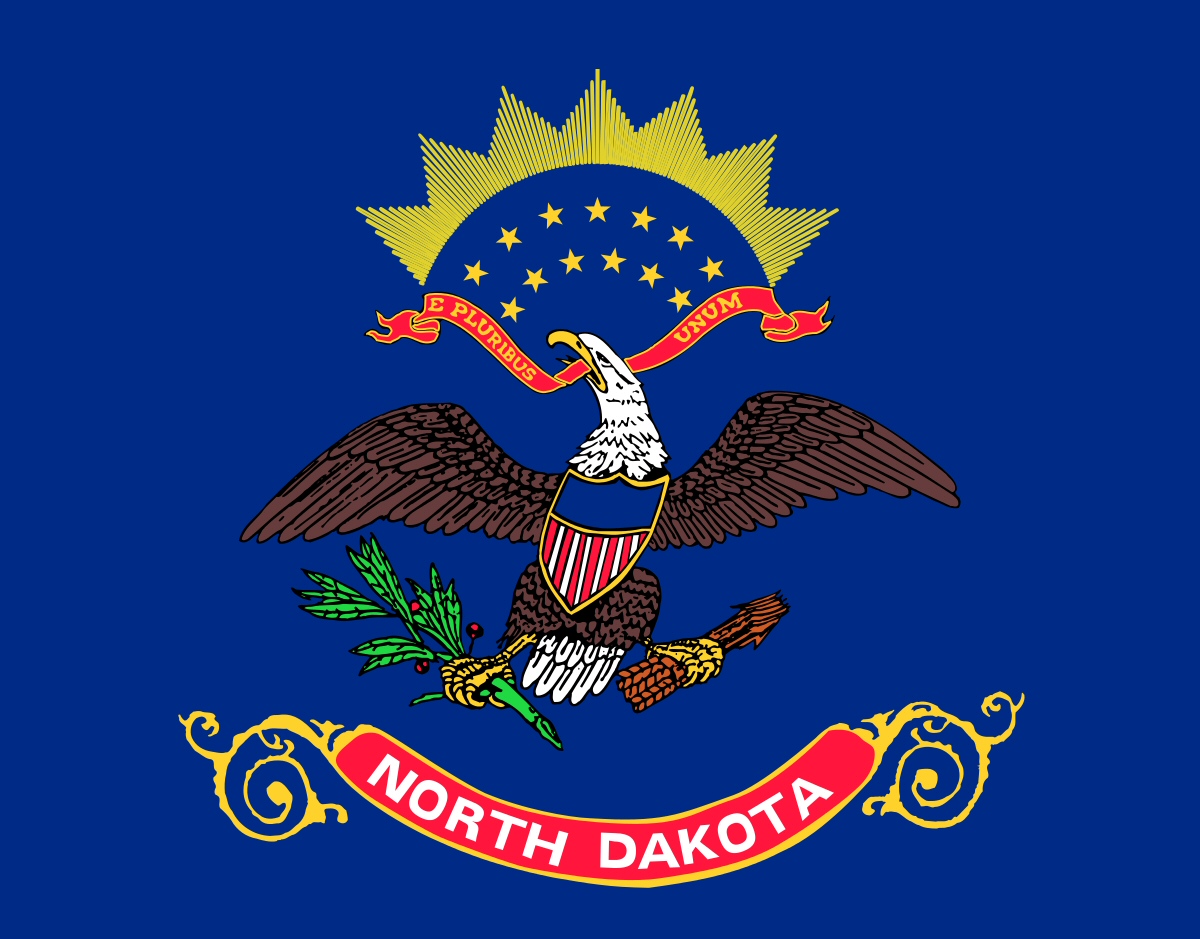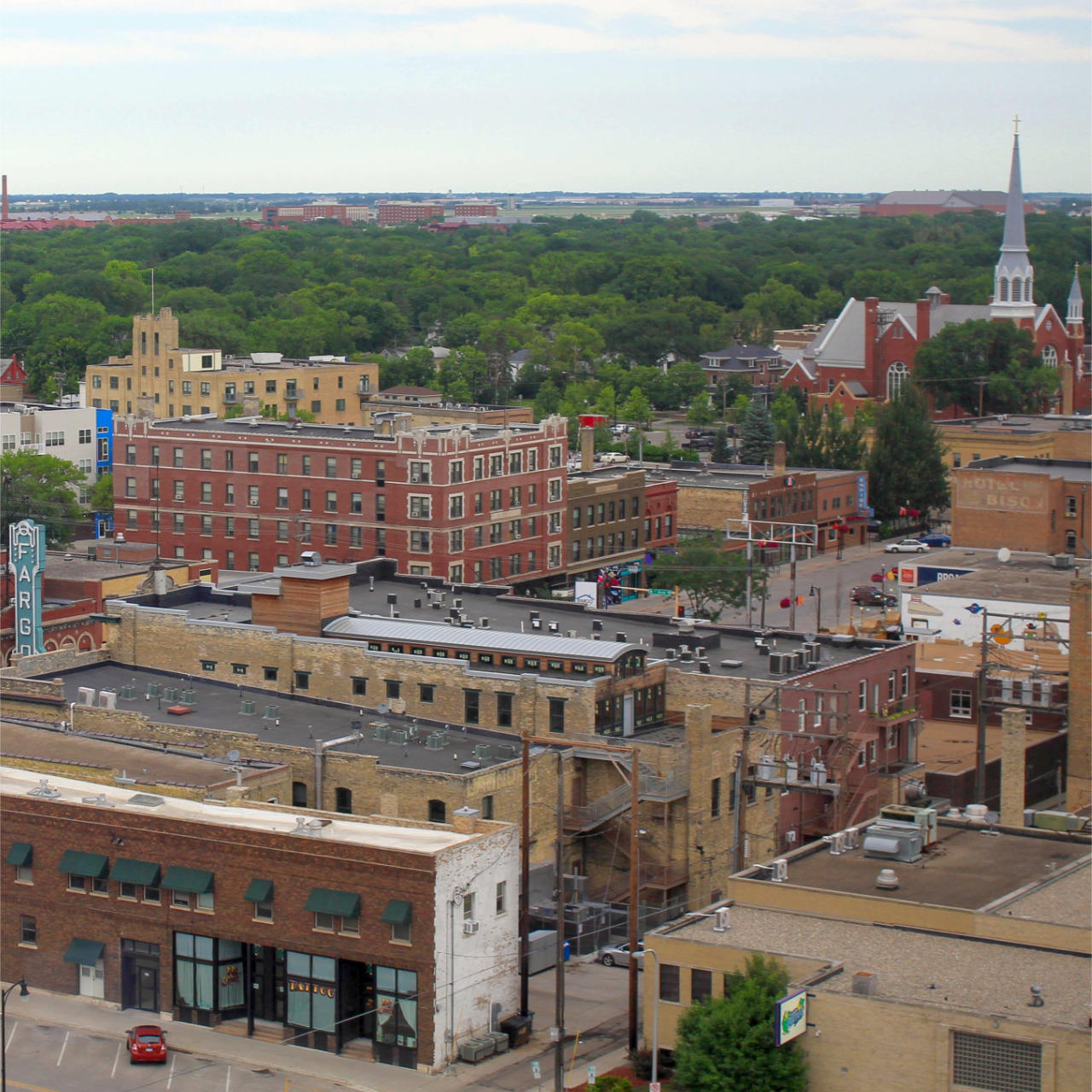State of North Dakota Short-Term Rental Regulations
Short-term rental regulations vary depending on the location and may include zoning laws, occupancy and safety standards, taxation, licensing, and insurance requirements review our guides for more information specific to your city.
Reviewed by Karolyn Hutson
Last updated October 01, 2023

Overview of North Dakota Short-Term Rental Regulations
Information is maintained by the community to provide helpful insights and links to local regulations, HostScouts does not provide legal or investment advice.
With its vast landscapes and rich history, North Dakota has become a hotspot for travelers seeking a unique experience. As the demand for short-term rentals grows, hosts need to understand the regulations that govern this industry in the state. Let's dive into the specifics:
What is Considered a Short-Term Rental in North Dakota?
In North Dakota, a short-term rental is typically defined as a residential property rented out for a period of less than 30 days. Unlike some states that differentiate between vacation and business travelers, North Dakota's regulations are more generalized.
Definition of Short-Term Rental
A short-term rental in North Dakota is any lodging space, like a house or an apartment, rented out for a short duration. It's essential to differentiate between these and traditional lease agreements, which usually span several months or years.
Number of Nights Rented Per Year
There isn't a strict limit on the number of nights a property can be rented out in North Dakota. However, renting a property for more than 30 consecutive days to the same guest might fall under different regulations.
Laws at the State vs. Local Level
While the state provides a general framework, local municipalities in North Dakota might have additional rules and regulations. Hosts must check both state and local guidelines.
Starting a Short Term Rental Business in North Dakota
Embarking on a short-term rental venture in North Dakota is relatively straightforward, but there are steps to consider:
License Requirements at State Level
North Dakota does not mandate a specific license for short-term rentals at the state level. However, hosts should ensure they have the necessary business licenses to operate legally.
How to Apply
Hosts should first check with their local city or county offices to start a short-term rental business. Depending on the municipality, they might need to apply for a business license or a special permit.
Steps to Get Started
- Research local regulations.
- Obtain necessary permits or licenses.
- Ensure the property meets safety and health standards.
- Set up a system for tax collection and remittance.
- List the property on desired platforms.
License Fees
License fees can vary based on the city or county. It's essential to check local regulations for specific fee structures.
Building and Housing Requirements for Short-Term Rentals
Safety should always be a top priority for hosts. Here's what you need to know:
Safety
Ensure that smoke detectors, carbon monoxide detectors, and fire extinguishers are in place and functional. Regular inspections can help maintain a safe environment for guests.
Wiring
Electrical systems should be up to code. Any renovations or modifications should be done with proper permits and by licensed professionals.
Signage
While not always mandatory, having clear signage indicating exits, emergency numbers, and other essential information can be beneficial.
Insurance
Hosts should consider getting liability insurance tailored for short-term rentals. This can protect them from potential legal and financial issues.
North Dakota Short-Term Rental Taxes
Taxes can be tricky, but they're essential to running a short-term rental business.
Transient Tax
North Dakota imposes a state lodging tax on short-term rentals. The rate can vary, so checking current rates and ensuring proper collection and remittance is essential.
Lodging Taxes
In addition to the state lodging tax, local municipalities might impose their own lodging or occupancy taxes. For instance, Bismarck has its specific rate, which is different from Fargo's.
State Sales Taxes on Airbnbs
Sales tax in North Dakota applies to short-term rentals. Platforms like Airbnb might collect and remit these taxes on behalf of hosts but always double-check to ensure compliance.
North Dakota Airbnb Regulations by City
Information is maintained by the community to provide helpful insights and links to local regulations, HostScouts does not provide legal or investment advice.


